Last week I attended the annual meeting of the European Friends of the Countryside in Spain. It is a disparate group from all over Europe but with a common goal of having viable farm businesses to pass on to the next generation, so the all-pervasive sustainability box is ticked in the true meaning of the word.
I was pleased to see that the group was taken seriously enough that the minister for agriculture for all of Spain travelled the 300 miles from Madrid to Córdoba to give an address. Sen Luis Planas belongs to the governing Socialist party but he had a very clear view of what he wanted Spanish agriculture to achieve and first of all he declared that sustainability had to mean profitability.
Since EU entry, Spain has seen its agriculture transformed. It’s pig herd has expanded massively and Spain now exports over €57bn worth of agri food – the eighth largest in the world, with a large positive balance compared with a former significant deficit.
Strategic plan
Sen Planas said he would be finalising Spain’s strategic CAP plan over the next few weeks but acknowledged he found the fertiliser and pesticide reduction targets difficult.
He also referred to the recent discussions of agriculture ministers held as part of the G20 meeting of the world’s largest economies. I never knew that agriculture was part of these discussions but it’s presence gives a new dimension to international agricultural discussions.
The minister added that to achieve the Green Deal ambitions, farmers need “time, money and to be fully part of the process.”
I was struck by the attitude of many at the gathering that were of the view that Commissioner Timmermans as Vice-President of the Commission was over agriculture, the environment and the Green Deal and that instead of having an agriculture and food policy, Europe had simply the political goal of implementing the Green Deal with no scientific justification or impact analysis.
As reported by the Irish Farmers Journal, the US has carried out an impact analysis and it seems that at last we may see the Commission shamed into producing one. The exclusion of real agricultural policy is accentuated, I was told, by having an extremely weak Agriculture Commissioner who took instructions from his government in Warsaw as to who was to be in his cabinet and who has little input into agricultural policy discussions. Perhaps this is just a temporary phase but the present state of disarray is firmly laid at Commission President Ursula von der Leyen’s door.




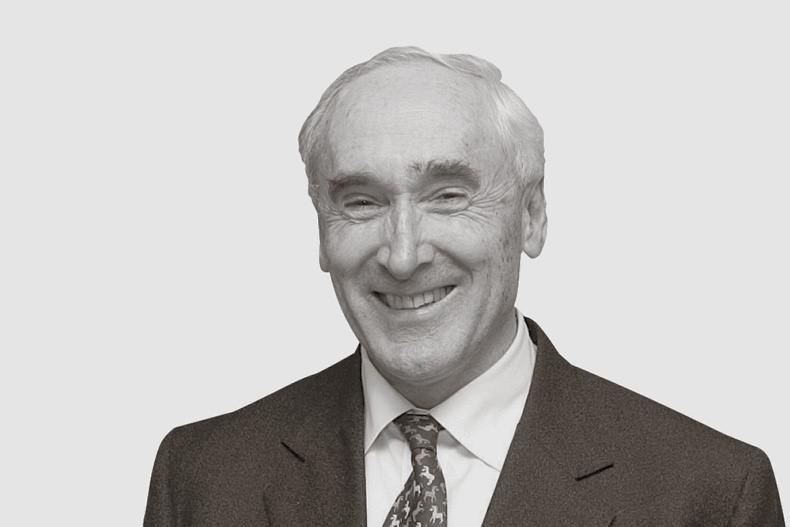
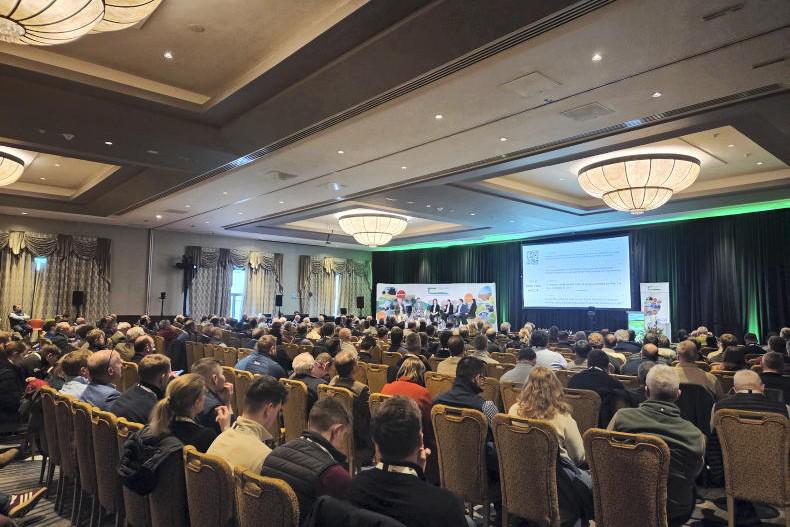

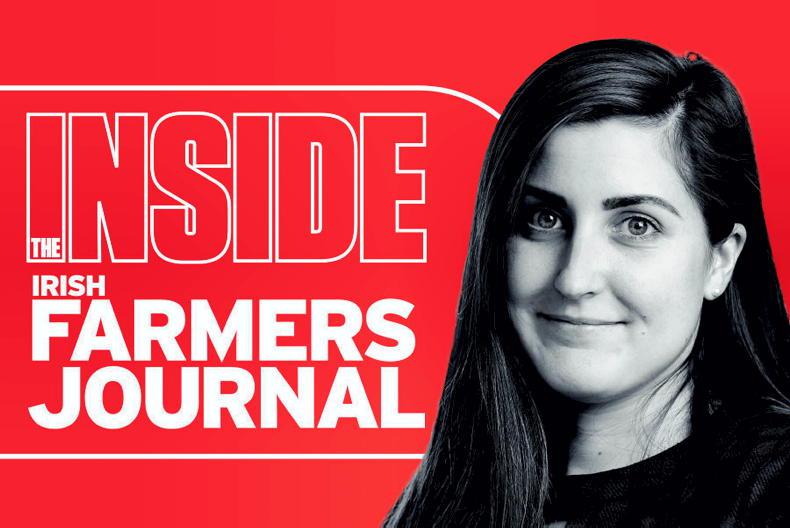
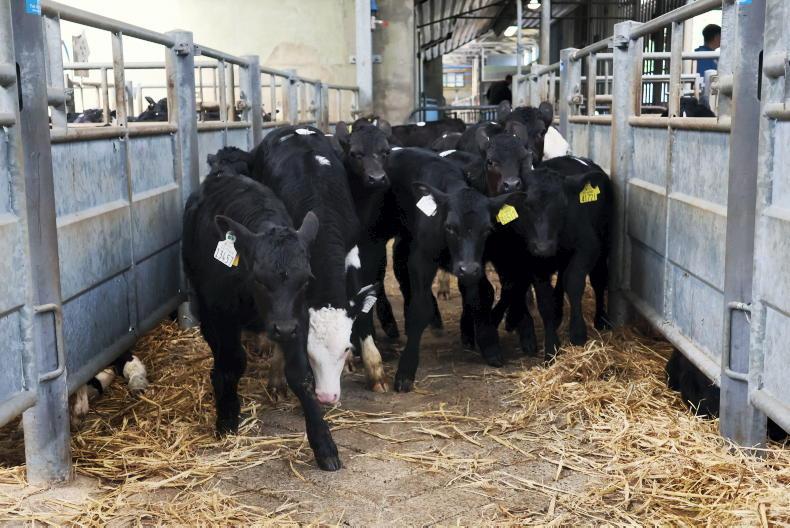
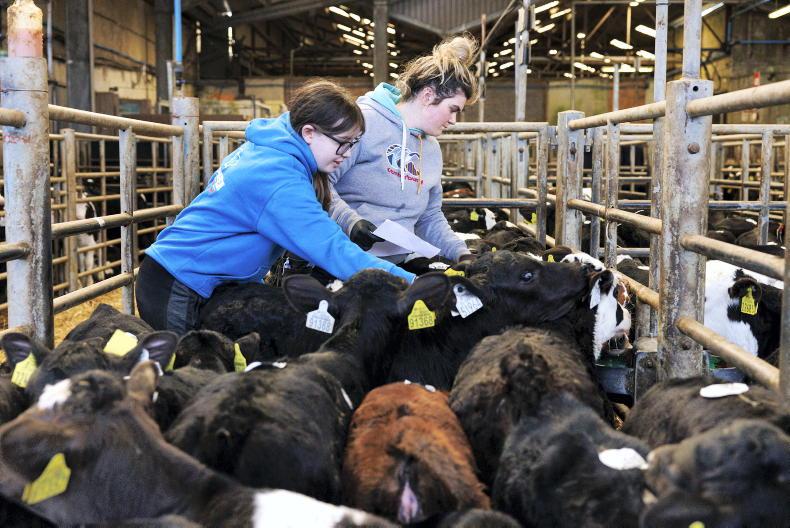
SHARING OPTIONS